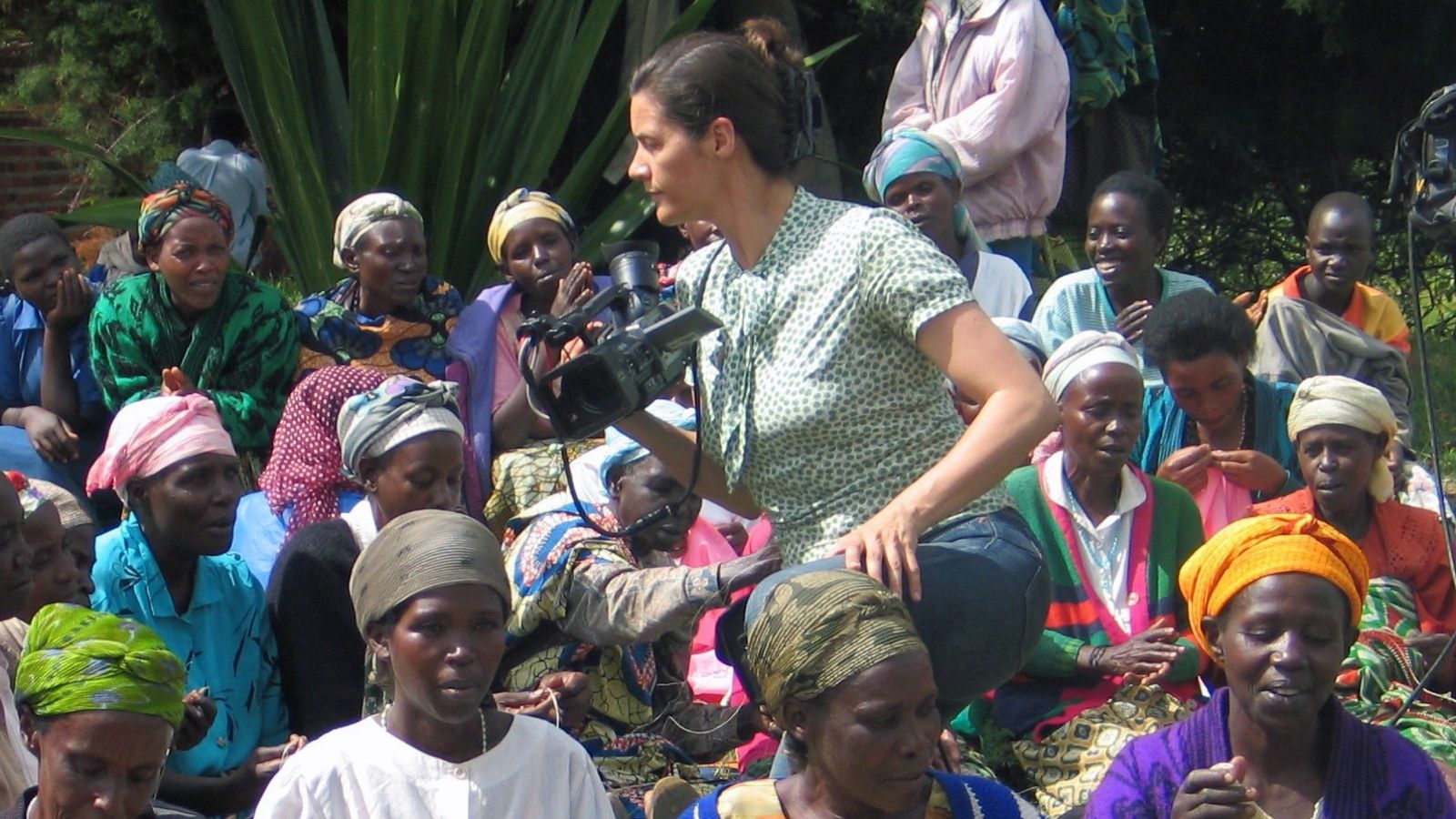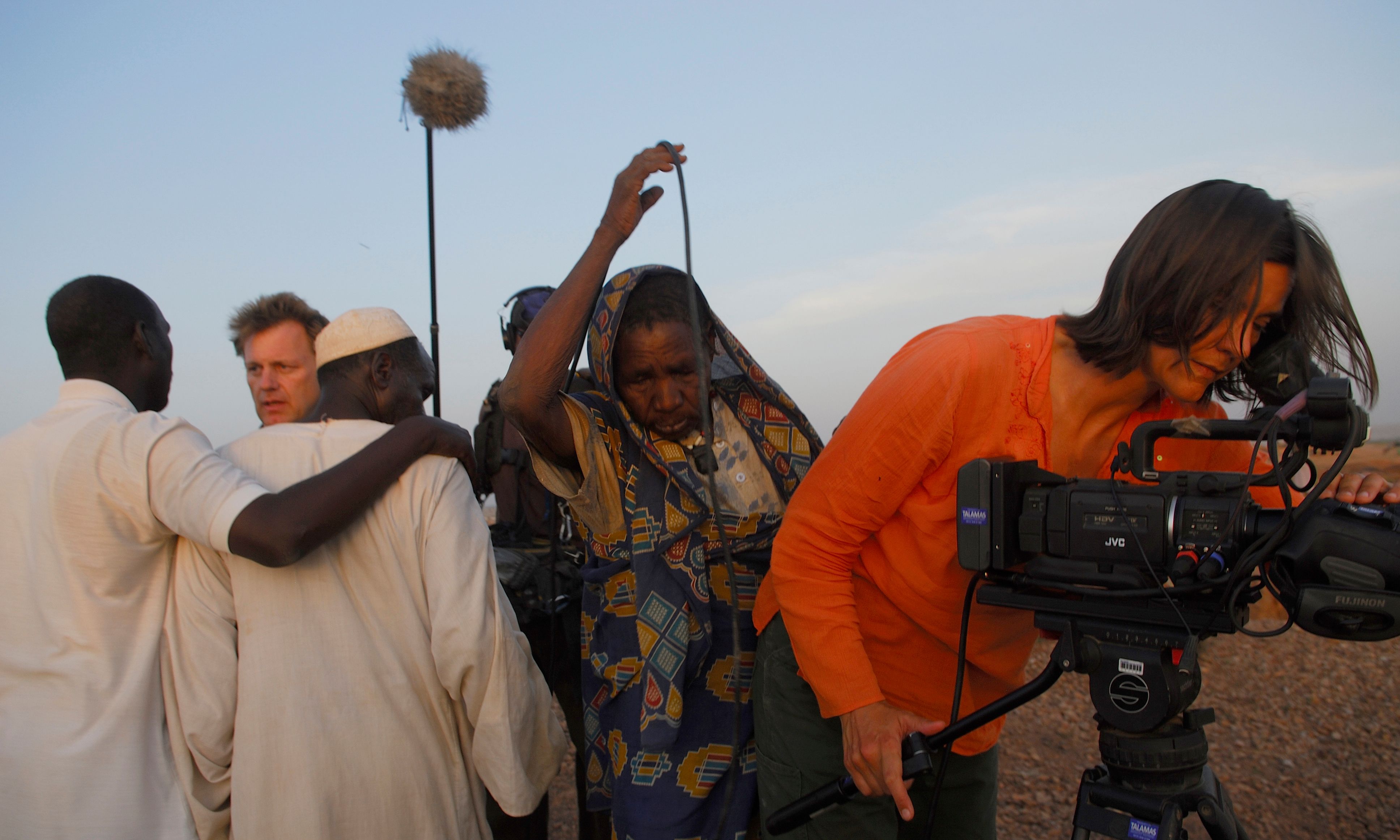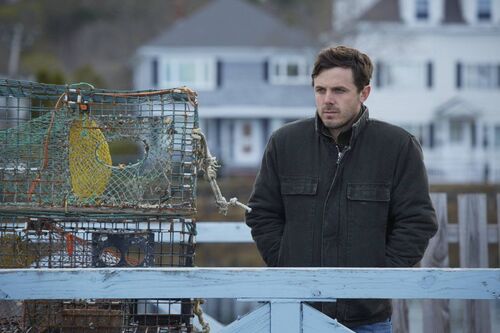
'Cameraperson' is Graceful and a Visually Radical Memoir
 One of the most notable cinematographers working in documentary today, Kirsten Johnson has shot the likes of CitizenFour, Fahrenheit 9/11, The Invisible War as well as many other essential documentaries. With her latest documentary, Cameraperson (which she directs) Johnson has created a visually radical memoir that presents an extraordinary and deeply poetic film that draws on the remarkable and varied footage she has shot throughout her career.
One of the most notable cinematographers working in documentary today, Kirsten Johnson has shot the likes of CitizenFour, Fahrenheit 9/11, The Invisible War as well as many other essential documentaries. With her latest documentary, Cameraperson (which she directs) Johnson has created a visually radical memoir that presents an extraordinary and deeply poetic film that draws on the remarkable and varied footage she has shot throughout her career.
For 25 years, Johnson roamed the globe to capture footage for some of the biggest documentaries and this is no different. Cameraperson is a thoroughly engrossing exploration of refashioned footage from the films she helped craft. It’s a varied reflection on her profession that proves a masterclass in compassionate filmmaking. It illuminates moments and situations that have personally affected her, none more so than the films most surprising yet piercingly private moment of Johnson’s Alzheimer’s-afflicted mother.

Straight from the off, Cameraperson dives right into a snapshot of Johnson’s earlier films which are identified simply by location. From filming aspiring young boxers in Brooklyn to a struggling midwife in a Nigerian hospital, to a Bosnian farm inhabiting a Muslim family returning to their country after the genocide: her earliest works are some of her most captivating. Johnson narrates these scenes by simply talking camera setups, movements or here direction from the filmmaker she worked with at the time.
Cameraperson is graceful, deeply affecting and entirely original outlook on the relationship between story-telling and camera. The power of Johnson’s images speak for themselves and set us up for an engrossing study of how a cinematographer is not just a silent witness but an engaged biographer of history.


